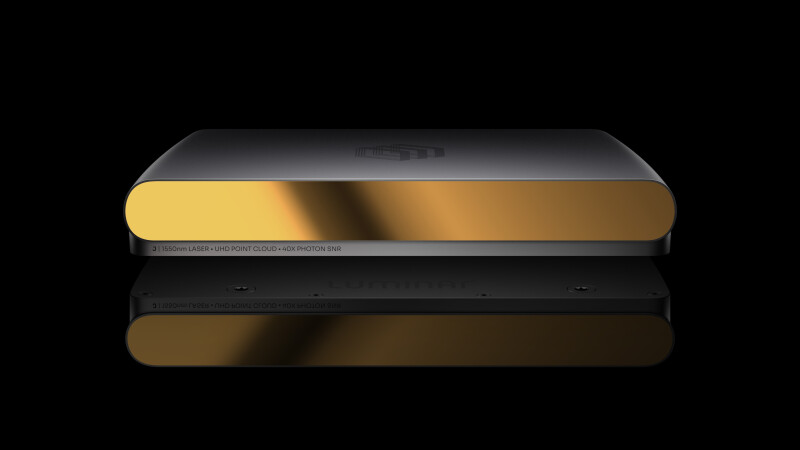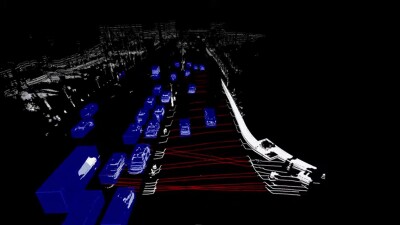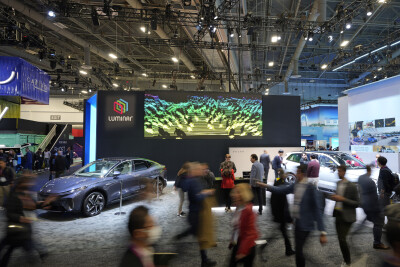The yearly investor day of Luminar Technologies, held earlier this month, featured multiple announcements. From a product design perspective, the most interesting announcement was Luminar’s next-generation lidar sensor, Luminar Halo. Whereas Luminar’s Iris sensor was designed “to kick off a new global industry for safety and autonomy on premium vehicles”, the new sensor was designed for mass adoption by mainstream consumer vehicles. The new sensor is expected to enable a 4x improvement in performance, a 3x reduction in size, a 2x improvement in thermal efficiency, and more than 2x improvement in cost.
Design-wise, it is expected to be under 1 inch in height, under 1 kilogram in weight, and use approximately 10 watts of power consumption. This means it will seamlessly blend into the roofline of a car or behind the windshield. Finally, Luminar Halo is expected to provide backward system compatibility to existing customers of its current generation sensor family, Iris. At this moment, there is no scheduled release date or more information available on which car maker(s) will integrate the sensor.
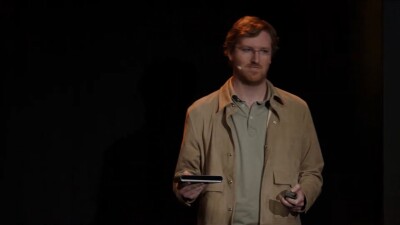
It is Luminar’s ambition to standardize and mass-market lidar technology in the automotive industry. This month, the company announced it has achieved the start of production for Volvo Cars and begun delivering production lidar sensors for the Volvo EX90, which will be the first global production vehicle to feature and standardize this technology. As explained in this article, the production of the Volvo EX90 was pushed back last year to 2024, although this is unrelated to Luminar’s sensors.
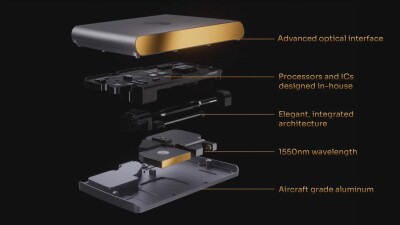
The third announcement includes a partnership with Applied Intuition, a Silicon Valley-based vehicle software developer. In the initial phase of the partnership, the two companies plan to offer a joint hardware and software solution for automakers to test and validate assisted driving and automated driving perception systems using Applied Intuition’s physics-based sensor simulator, Sensor Sim, with integrated sensor models of Luminar’s lidar. Automakers will be able to accurately test and validate Luminar’s lidar-based software systems in virtual environments while reducing testing costs and accelerating time to market.


